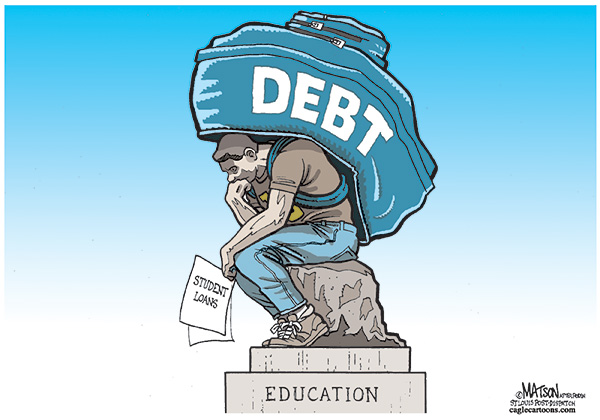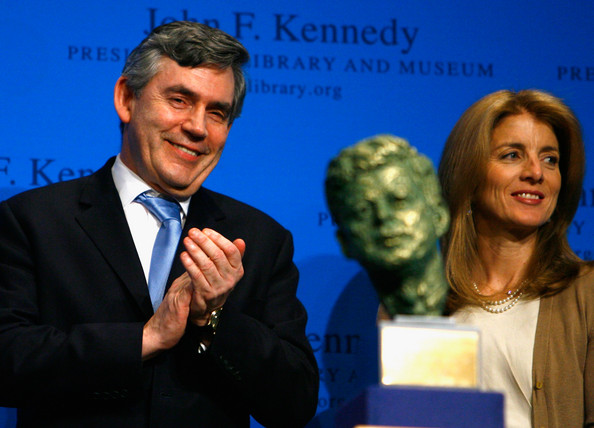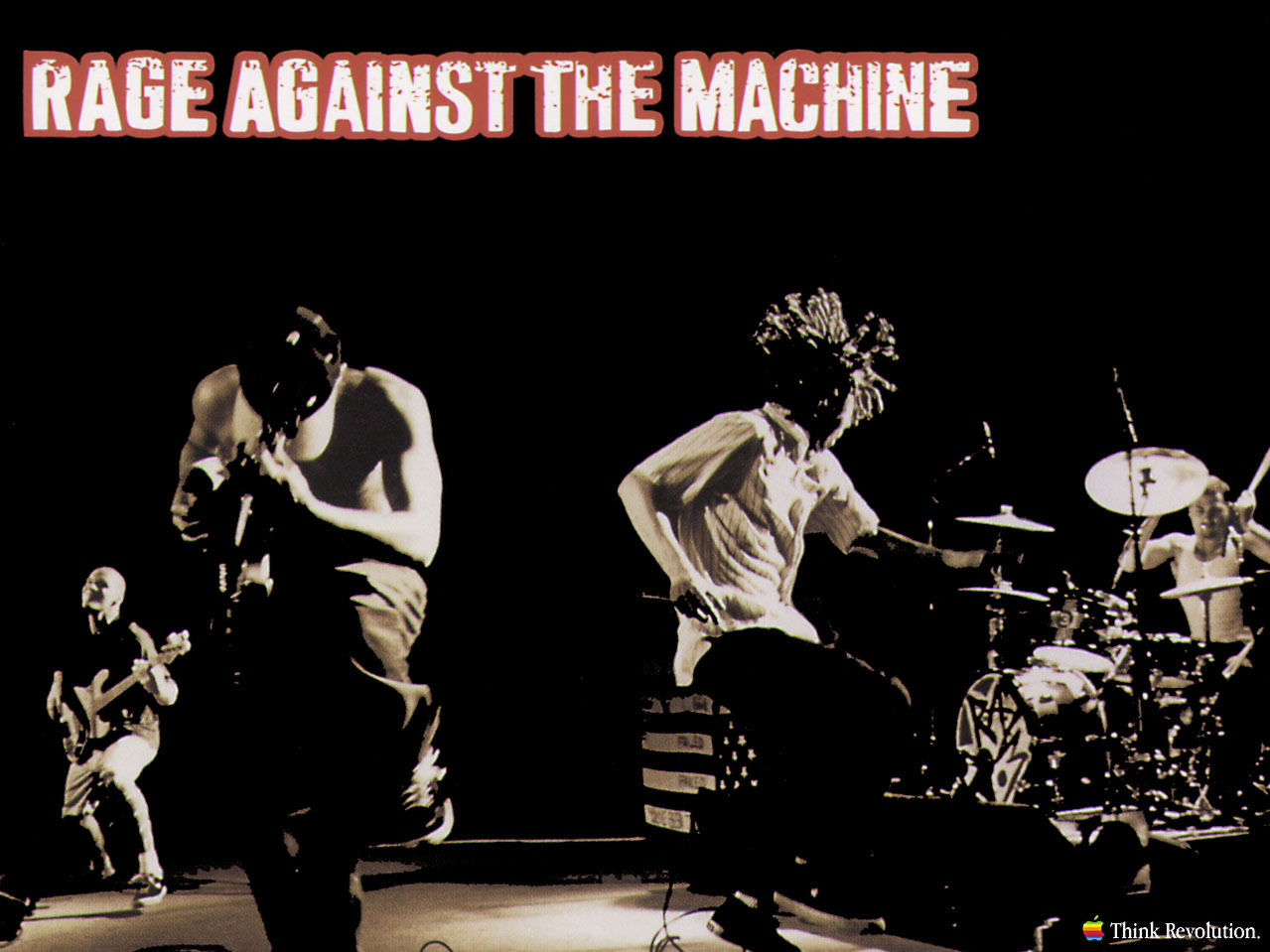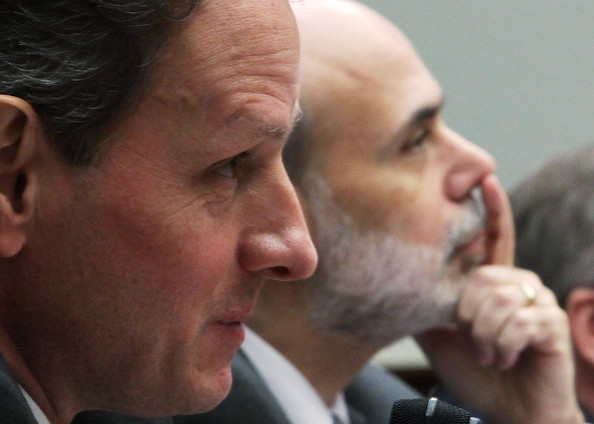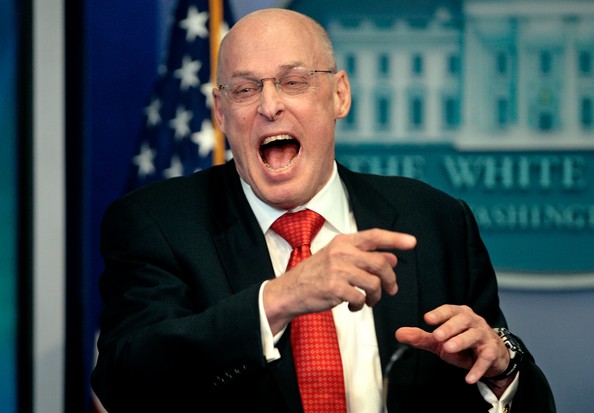
This is big. Several of us have been making the argument for months that the collapse and bankruptcy filing of Lehman Brothers last Fall was NOT the cause of the financial panic that ensued shortly after. (John Carney of Clusterstock has also written repeatedly on this subject and his thoughts are important to hear.)
Paulson's admission might appear inconsequential on the surface, but it's of paramount importance to the larger debate of taxpayers vs. bond-holders regarding the absorption of bank losses and writedowns.
It's simple. Existing bank debtholders and their K Street lobbyists (the institutions who lent money to reckless and over-leveraged banks) make the claim that to force a haircut (or debt-to-equity conversion) would precipitate another round of financial bloddletting. This group cites the bankruptcy of Lehman (and the losses borne throughout the system on Lehman debt) as the sole and unique reason for the crisis last September.
Meanwhile, a gang of financial writers and Nobel Laureates from Stiglitz to Krugman have been clamoring for the losses to be incurred by those who bore the risk--the bondholders.
Thus this somewhat startling admission from former Treasury Secretary Hank Paulson gives some decent ammunition to our side. He is another name. Wait that's wrong. HE IS THE GUY. Paulson was in the heart of the financial crisis, got covered in blood, lived to fish again and now is saying that IT WASN'T LEHMAN.
Instead he says to Newsweek that "a perfect storm of other near failures caused the financial crisis—the troubles at Fannie and Freddie, the news that AIG faced huge liabilities from its financial insurance gambles, the teetering of giant mortgage lender Washington Mutual on the edge."
Paulson insists that he did not turn his back on Lehman. "There's no company that I spent more time with and worked harder to save. That's sort of the irony of the narrative that we wanted them to go under," he told NEWSWEEK in one of his first extended interviews since leaving office. He also dismisses the argument that the fall of Lehman provoked a panic. "It is absolutely a fiction that Lehman was anything more than a symptom."
More from Newsweek writers Evan Thomas and Michael Hirsh: "Paulson began having his doubts about Fuld—and the future of Lehman—as early as October 2007, when Lehman made a big bet on commercial real estate even though there were signs the deal was unwise. Paulson remained dubious about Lehman's rosy earnings reports for the first half of 2008, and when the red ink began to show in June, he began urging Fuld to scale back Lehman's leverage and find a buyer or a fresh infusion of capital. He was frustrated, say these knowledgeable sources, when Fuld stubbornly demanded terms that were too favorable to Lehman to attract any buyers or investors."
Read the entire piece HERE.
Click to read more ...


 May 29, 2009 at 1:42 AM
May 29, 2009 at 1:42 AM